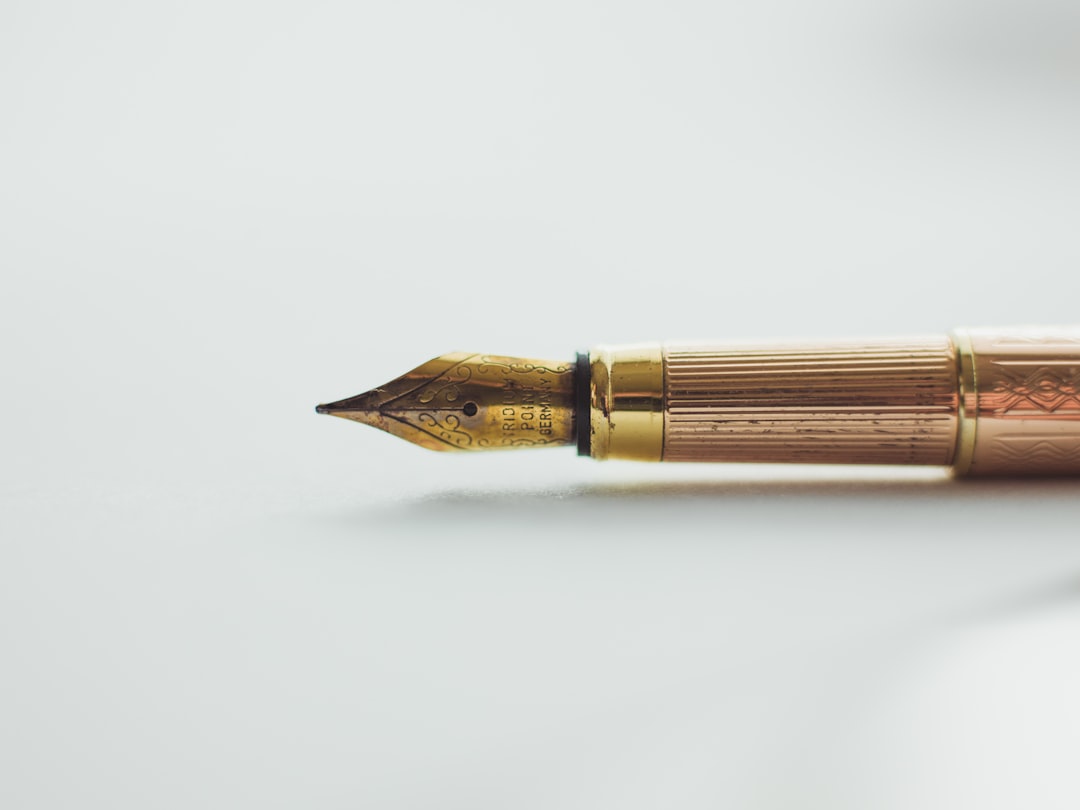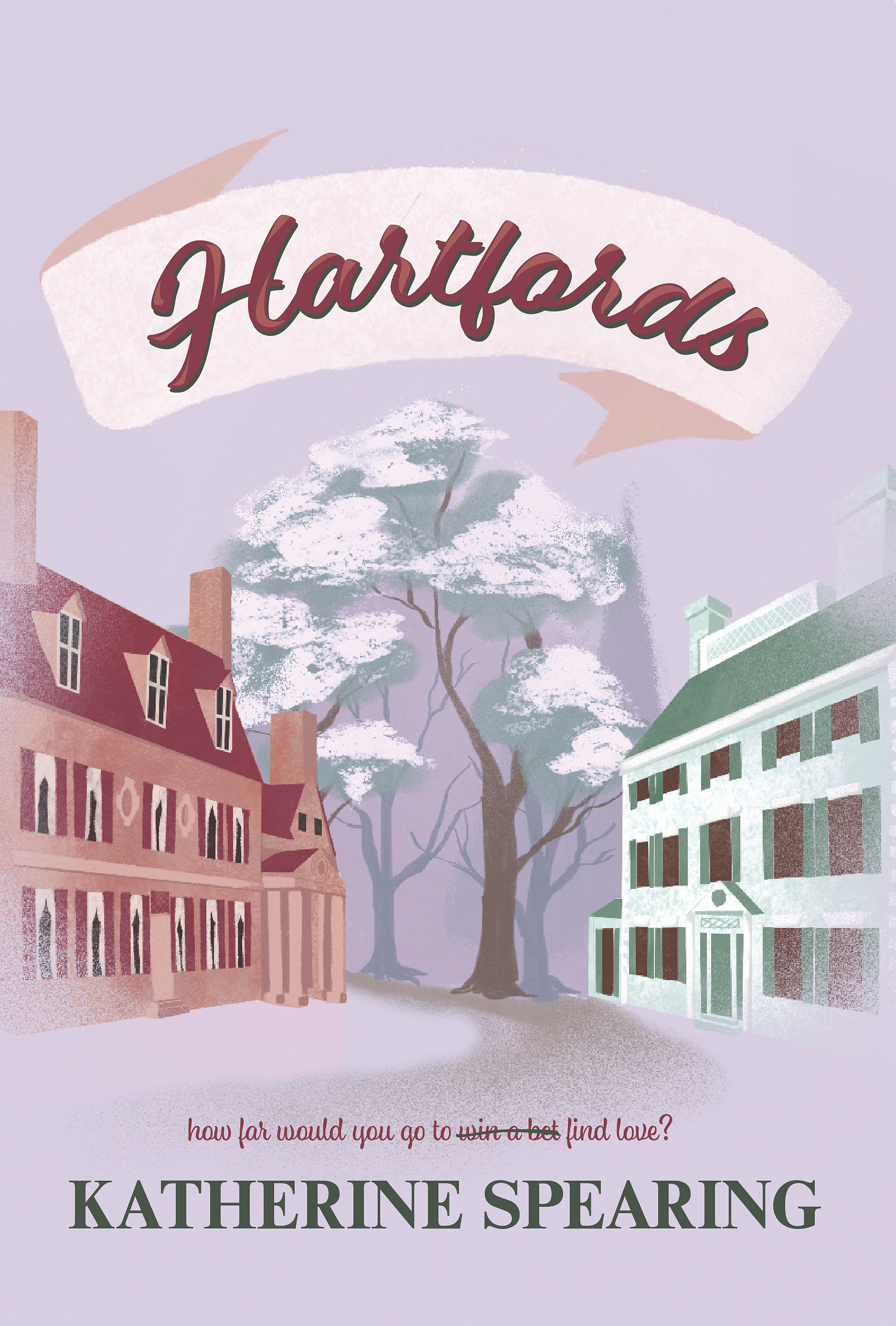
In her book, Walking on Water, Madeleine L’Engle speaks to the healing gift of creation, saying, “The discipline of creation, be it to paint, compose, write, is an effort toward wholeness.” She elaborates that in writing, making, and creating, we have an outlet through which we can put pieces of our fragmented stories together to find something whole. Something new.
Stephen King, in his book On Writing, shares something similar. He says, “Words create sentences; sentences create paragraphs; sometimes paragraphs quicken and begin to breathe” (emphasis, mine).
Something new comes alive when we create. A new mother—holding her babe the day he comes into her life—is the same woman she was the day before, but with the new addition she is changed. A small creature begins to shape and influence her. Her offspring both takes her breath away and breathes new life into her. Similarly, writers, artists, and makers are just as marked by their creations as their creations are marked by them—becoming mothers and fathers in our own right.
So, my writing has not only been about making sense of my situation, my station, or the world around me. It is an equal part of helping me become the person I am today. It shapes me. As my words, sentences, & paragraphs breathe, I breathe anew.
A Framework for Healing Through Creating
A daunting task is sending one of your creations out into the world, wondering if I can stand up on its own. You’ll wonder if it will survive the scrutiny of society’s audits, and the fear of it all can freeze you before you begin. So for those interested in healing through the act of creation, I wanted to speak a bit more on how I framed my writing.
First, you’re allowed to just make stuff. No one gatekeeps creativity. Some certainly might try; don’t hang around them. You don’t have to tick certain boxes to prove you are worthy. When you face imposter syndrome, meet it head on and kick it to the curb. Write and create in whatever medium you’d like so long as you feel safe.
While you’re at it, evaluate what risks you want to take. Do you want to go so far as scribbling the entire memoir of your story? Can your body and mind bear that labor? Or would you rather write on the idea inside your head that you cannot seem to shake? You won’t be able to avoid risks because to live and think is risky. Creating something is vulnerable so choose your risks, and don’t let the fear of them stop you.
Second, name who you’re writing to. Maybe you’ll never leave the sanctuary of your personal journals—maybe the sacred things you’ve written and made are just for you. Slow down long enough to discern what you’re doing. Let others encourage you, but don’t let them rush you.
My therapist tells me, “You don’t owe anyone all the authentic parts of you.” I write authentically, but I don’t let it all hang out. Some of the things I write are just for me and stay firmly within my Leuchtturm journal. But some of my creatures stand on their own and are sent out to walk the earth. Take the time you need to figure out your audience. If you need help, consider a coach. (But be willing to pay for a coach’s time).
Third, name the goal. If the discipline of creation is an effort toward wholeness, what or whom do you want to make whole? If you’re looking for personal wholeness, you need go no further than the prayers you pen in your notebook. But maybe some of you feel a pull to help put this broken world back together through art. Maybe your words might be for the wholeness of others. Maybe you can extend the buoy of love and hope in a world that is drowning. Consider it, and write toward that end.
Fourth, be willing to fail and face rejection if you write publicly. You’ll find writing in public-facing spaces a very ungentle and often unkind path. Frederick Beuchner says, “Your vocation in life is where your greatest joy meets the world's greatest need.” But the world will let you know if you’re trying to force feed them trash when they want manna. View rejection as a path more clearly marked rather than a single, closed door. Own your words in all the ways you can, and humbly own when you’ve bungled them, too.
Lastly, have fun. If it’s not fun, course correct. If this work isn’t breathing breath into your lungs—fostering wholeness within you and within others—what’s the point if you can’t find joy in it? You are allowed to delight in things, and if the art of making feels less than delightful, take a time out. Trying something new. But when you do find the delight in making, my hope is you will feel the joy of the One who delights in you.
Letting Go of What’s Behind
I have a creative coach who doubles as my spiritual director. In our first meeting, he said something I’ve never forgotten: “People can tell where you’re headed, but I don’t think people get a sense of what you’re moving away from.” Bingo.
People didn’t know what I was moving away from because I hadn’t yet moved away from it. My fist still gripped onto an old world—an old me—that was fading away. I was trying to pour new wine into an old wineskin1, writing to a world who rejected my personhood.
At the onset, I wrote to prove myself—to prove I was worthy of wholeness. But when I could dare to let the old wineskin go—when I stopped pandering to a people of rejection—I learned I had always been worthy.
I write, not to prove my worth—I write and live from a place of worth.
Writing has not only fostered my wholeness but restored my hope. I almost walked away from the faith. I believed if this mess was the church, then I didn’t want to be a part of it. It would have been easier to walk away.2 But I remembered something good was still in there—Someone good was still present and with me. Through reading and writing, I had finally learned to separate the behavior of the bad shepherds from the Good One who bandaged the wounds of the broken.
So, listen: if you’re in a similar place and you think writing, painting, composing, or creating is for you, do it. Delight in it. Try it out. I believe with my whole heart you will see how close the act of creation draws you to the One who created you.
With you,
Jenai Auman 🌾
Resources
I would feel remiss for putting together a whole post on writing without extending some writing aids that might help you as you find your way.
Books
These are a few of my favorites:
On Writing: A Memoir of the Craft by Stephen King; one of my all-time favorite books.
Walking on Water: Reflections on Faith & Art by Madeleine L’Engle
Bird by Bird: Some Instructions on Writing and Life by Anne Lamott
Art & Faith: A Theology of Making by Makoto Fujimura (still reading this one, but you could forget everything I’ve written here & just go get this.)
It is What You Make of It: Creating Something Great from What You’ve Been Given by Justin McRoberts (Full disclosure: Justin is my creative coach/spiritual director guy I mentioned above. But I read his book before he was my coach and thought it excellent.)
Other Aids
MadeWrite Course by Phylicia Masonheimer; I’ve not personally taken this course. I sent an Instagram question out through IG stories and this is one answer I received from my friend, @pricelisd.
Hope*writers Community; this is another aid I have never personally used, but I know several friends who have felt supported by the hope*writers. My friend, Sarah Westfall, serves as the hope*writers Director of Community, and I love Sarah and her heart for writers. (Hope*writers has a membership for which you pay monthly, and I believe membership only opens a few times a year.)
I had a whole string of Instagram stories where I answer some questions on how I worked through my writing process. You can find it under the Writing Info highlight on my Instagram profile.
Lastly, pay attention to the others who are writing things you admire (but learn how to write those things in your own way). See if anyone in your vein is offering coaching or support of some kind. (Check out @spiritualdirectionforwriters or ourfaithinwriting.com.)
But wait! There’s more.
Katherine Spearing has become a fast friend. She founded the nonprofit, Tears of Eden, which exists to resource and provide community for those who have left spiritually abusive environments. Additionally, she hosts the Uncertain Podcast, where she’s interviewed the likes of Diane Langberg, Makoto Fujimura, Kat Armas, Beth Allison Barr, and more.
In line with what I mentioned here, she has so many episodes, namely the episode with Makota Fujimura, where she expounds on the idea that artists can point to a healing way forward. It is awesome.
But Katherine’s a writer, too! She’s written a brilliant fiction book, Hartfords. I started and finished it earlier in June, not knowing at all what to expect, but by the time I closed the back cover, I wished for a whole series.
Katherine believes art heals our wounds, too—even our spiritual wounds. And she’s fervent about rooting out abuse within the church. If you want to support someone doing great work for the survivor community who also writes fun prose, please check out Hartfords.
If you’d rather, you can also donate to Tears of Eden.
Story Update
I’ve been so grateful to connect with some many of you as you have heard me share my story and thoughts on abuse in the church throughout different mediums, including podcast interviews.
As I consistently beat the drum that says, “Your story is your own, and you own the ways in which you tell it,” I wanted to update you all to let you know that it was best for the continuation of my story to remove my podcast interview from the Bodies Behind the Bus catalog.
I hope to tell my story through a different format in the future, but in the meantime, you can find snippets of my story and my thoughts on abuse in the church by visiting my MEDIA page.
If this post was helpful, considering tapping the heart 🖤 icon & leaving a comment. Your engagement helps me reach more people who may need a few words of hope.
You can find past posts from Letters for the Wilderness, including more information on The Wilderness Forum, a private, online community for those navigating life with religious trauma, by visiting jenaiauman.substack.com.
Luke 5:37
In my interview with Stephen Francis with the Humble & Honest podcast, I mention almost walking away—how it would have been so much easier to walk away. I want you to know if you’ve walked away, I get it.
My interview on Humble & Honest: Spotify | Apple Podcasts






Poetry.
So grateful for your love of others and your helping us heal… feel seen. May God continue to use you powerfully in bringing healing and inspiring the Church to strive towards positive change.
Ooof. Loved all of this. Art + Healing + Journey in the wilderness. All. The. Things.